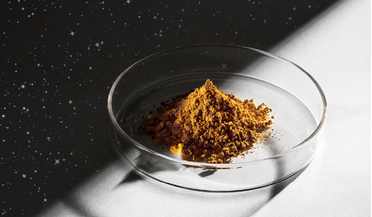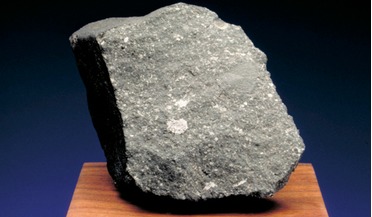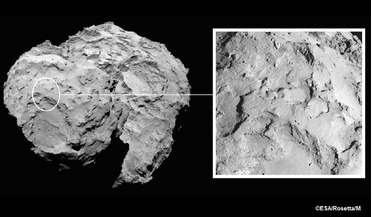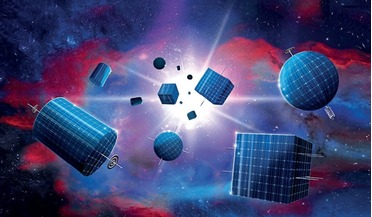 April 2020
Protecting against the dangers of space radiation
April 2020
Protecting against the dangers of space radiation
...); and galactic cosmic rays, which are high-energy protons and heavy ions from outside our solar system. Belgian astronaut Frank De Winne placing some of SCK CEN/DLR radiation detectors inside a Colombus module on the...
 January 2023
Producing food in space
January 2023
Producing food in space
... spacefaring species until we can produce the food we need in the vacuum of space. In order to go further into the solar system, humanity has to find a way to make food on board spacecraft and on inhospitable planets. Presently, humans exploring the...
 29 January 2020
Material older than the Sun found unexpectedly where it shouldn't be
29 January 2020
Material older than the Sun found unexpectedly where it shouldn't be
... what they think conditions were like in the early solar nebula. Our Solar System is around 4.6 billion years old. It grew from...as they are a window into conditions in the early Solar System. It is generally excepted that the fragile nature of ...
 December 2014
Rosetta revelations: the fabric of comet 67P/Churyumov-Gerasimenko
December 2014
Rosetta revelations: the fabric of comet 67P/Churyumov-Gerasimenko
... be very interesting to study the composition of the two pieces to see if they have a common origin in the early solar system or if some migration took place. The deuterium in water could easily be measured and will allow us to decide if terrestrial...
 March 2016
Why We Need Space Artists
March 2016
Why We Need Space Artists
...all now received images from all of the major bodies in our Solar System. There will always be a need for artists (quite apart from ... accompanied by a quantum leap in our knowledge about the Solar System and the universe. Let’s take a look at how this...
 August 2017
Big science from small spacecraft
August 2017
Big science from small spacecraft
...–Gerasimenko. That leaves plenty of possibilities for nanosat mission flybys and encounters of future comets. The inner Solar System is fairly easy to reach, being accessible to both free-flying and ‘hitchhiker’ cubesats/nanosats We know enough about...